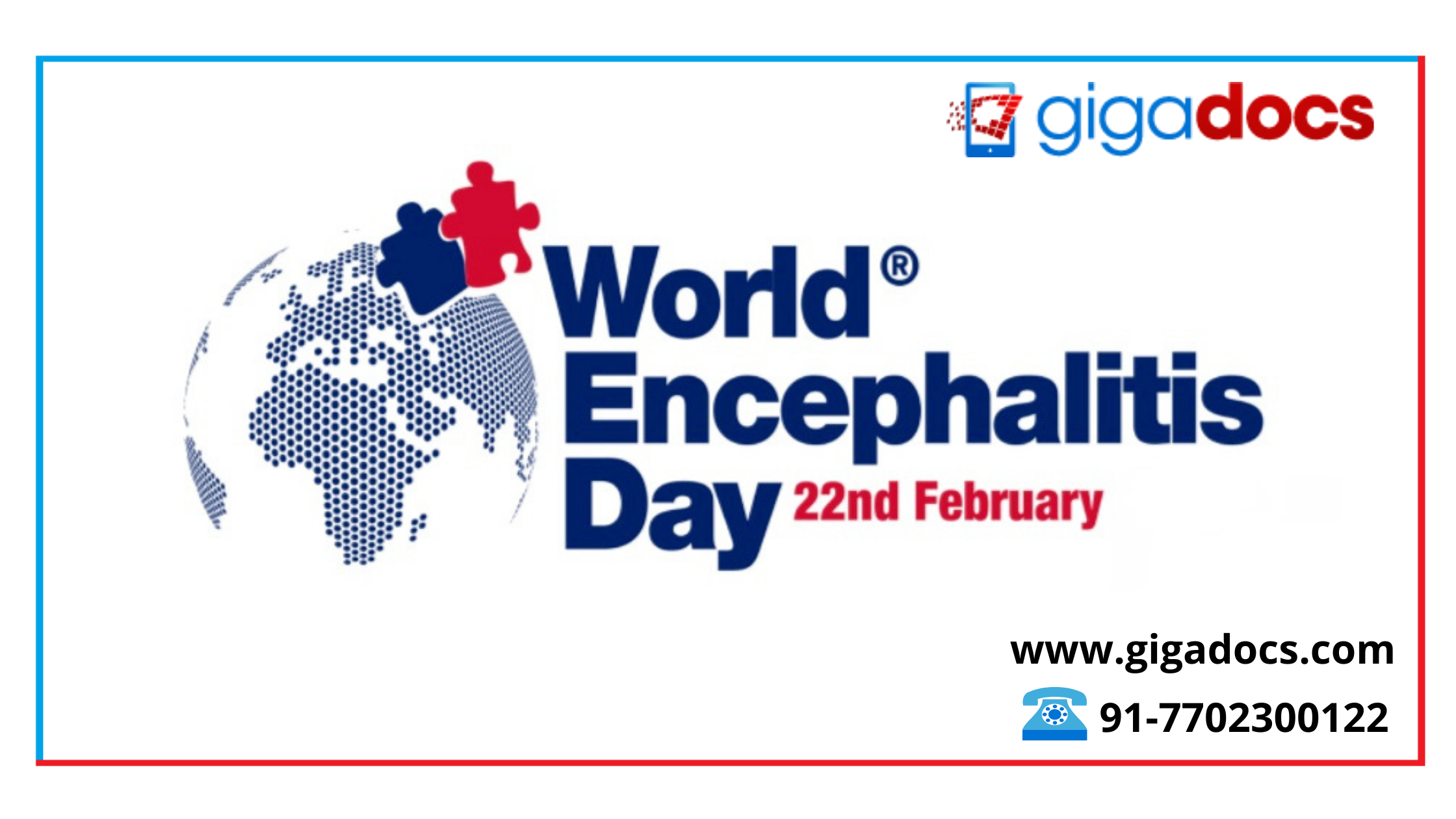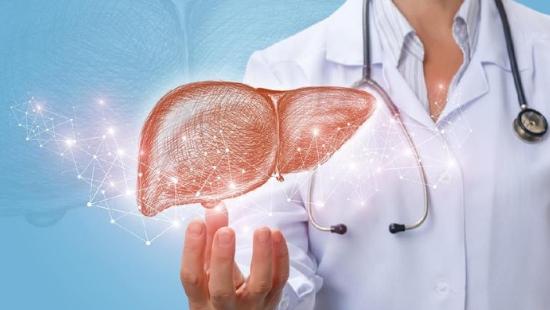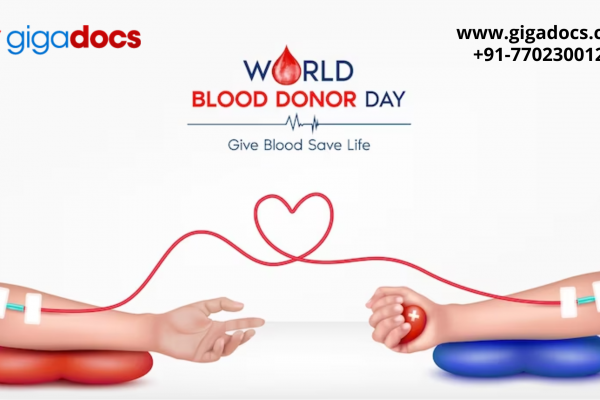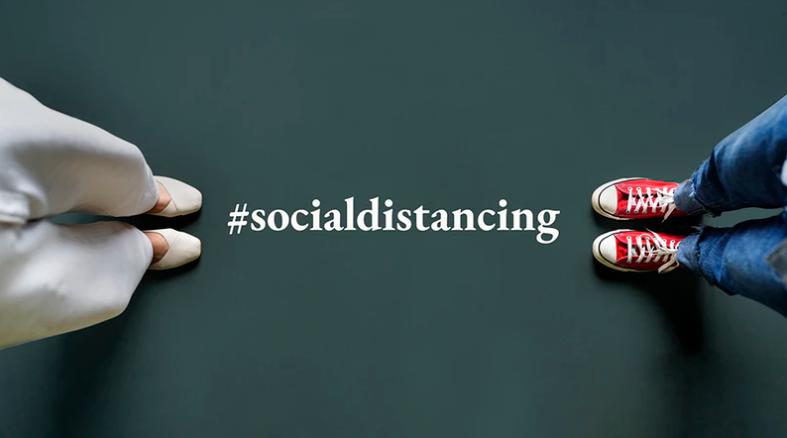Encephalitis or brain inflammation swells up the active tissues of the brain. Encephalitis may be bacterial or viral caused by an infection or our body’s autoimmune response when it mistakenly produces antibodies that attack our own immunity. Encephalitis is often accompanied by a stiff neck, mental confusion, headache, sensitivity to light, and seizures.
Encephalitis can affect anyone, but more commonly threatens the younger age group. Reasons behind Encephalitis range from direct brain infection to immune response to an existing brain infection that may lead to the weakening of the brain tissues and subsequent inflammation.
Even if an immune system succeeds in winning over the encephalitis infection, the brain may be injured in the process. This medical condition is called post-infectious encephalitis, which threatens brain functioning and may be degenerative leading to permanent or temporary brain damage. It’s not only the brain, which is attacked by Encephalitis, the Spinal Cord leading to the brain may also get severely damaged in the process.
This condition is called meningitis, while meningoencephalitis is a name given to a condition when encephalitis and meningitis occur together.
Encephalitis Risk factors
While anyone can develop encephalitis, the factors increasing the risk and complications include:
- Geographical Regions: Mosquito or tick-borne viruses are common in the rural areas of southeast Asia, the Pacific Islands, and the Far East.
- Season: Viral and bacterial diseases leading to Encephalitis attack the most in the summer and the rainy season.
- Age: Younger children with underdeveloped immune systems and older adults with weaker immune systems are at the greatest risk of developing Japanese encephalitis.
- Compromised Immune System: Those who have pre-existing diseases and infections are at higher risk due to compromised immune systems. There is a good chance that they may be under prescribed medications which could further increase the risk of contracting encephalitis.
Encephalitis Causes
Although efficient testing mechanisms are available to diagnose encephalitis, the real cause behind the diseases remains unclear in up to 40% of the affected cases. The cases of Encephalitis may see a likely increase, with a spike in cases of seasonal infectious diseases like Zika and chikungunya.
Acute brain inflammation can be primary encephalitis or secondary encephalitis. While primary encephalitis is caused when a virus or a bacterium directly attacks the brain, secondary encephalitis occurs from an immune system reaction when it mistakenly identifies healthy cells of the brain as malignant and counter-attacks them. It is after an initial two-three weeks of primary encephalitis infection that signs of secondary encephalitis are diagnosed on a case-to-case basis.
Viral and Bacterial Encephalitis Symptoms
Acute encephalitis symptoms worsen over days to weeks. They begin with mild headaches and flu-like symptoms that progress to motor impairment affecting the cognitive capabilities of the affected. Symptoms of primary encephalitis varies in accordance with the area of the brain affected, for secondary encephalitis symptoms and signs emerge depending on the associated antibody that triggers the immune counterattack.
The common Encephalitis symptoms may include-
- Fatigue or weakness,
- Confusion, or hallucinations,
- Headache,
- Fever,
- Muscle aches or joint pain,
- Seizures,
- Loss of sensation or paralysis of certain body regions,
- Muscle weakness,
- Motor impairment,
- Loss of consciousness (coma).
- Additionally, among infants and young children, signs, and symptoms of Encephalitis might also include:
- Nausea and vomiting,
- Body stiffness,
- Poor feeding,
- Irritability.
- Bulging in fontanels of an infant’s skull.
Encephalitis Prevention Tips
Take basic hygiene and sanitation measures to avoid exposure to the mosquitoes, believed to be Encephalitis carriers. As a precautionary measure, try to-
- Wear long-sleeved shirts and long pants if you are outside during the dusk and the dawn. It is the time when the mosquitoes are most active. You may carry a mosquito repellent if you are going for walks in the parks or gardens.
- Get seasonal vaccinations. With the help of Gigadocs immunization schedule, keep your children’s vaccinations current. In case you are traveling, speak with your child’s paediatrician on the Gigadocs app about the recommended vaccinations and medical precautions to be followed for your kid.
- Practice good hygiene. Wash your hands regularly, use sanitizers particularly after using the toilet and before and after the meals.
- Don’t share items of personal use like utensils, clothing, cosmetics, and beverages.
- Repair broken windows and screens to avoid the influx of mosquitoes. Get rid of stagnant water sources like flowerpots or other gardening containers, flat roofs, old tires, and clogged gutters around your home.
Encephalitis Recovery Plan
The long-term prognosis for those affected by primary or affected by autoimmune encephalitis varies considerably. Recovery from encephalitis is a slow process taking months, even years in some cases.
Encephalitis can have a distressing and challenging effect on the whole family. Though the impact of brain inflammation will be different for every individual depending on the part of the brain affected, their personality, emotional and physical health state prior to their illness, and post the illness would be changed forever.
For a quick recovery process, doctors recommend a healthy diet. A balanced meal will have a lasting effect on one’s emotional state, cognitive skills, and recovery. One needs to increase their calories intake post a brain inflammation condition. Therefore it is important to eat food rich in nutrients and drink plenty of water, avoid alcohol, salty food, sugar, saturated fat products, and too much caffeine.
Vitamins (A, B, B1, B6, B12, E, acid folic) and minerals (iron, magnesium, selenium, zinc) are recommended as brain-healthy food for Encephalitis recovery. Consult the best dietitians on the Gigadocs app for a healthy intake of lean meats, poultry, vegetables, fruits, grains, fish, beans and pulses, and dairy products.
Encephalitis Treatment with Gigadocs
Timely medical intervention is an important step to a steady recovery. Share the details of your vaccinations, recent colds, and other respiratory illnesses or gastrointestinal illness with a Neurologist on the Gigadocs app. For an accurate diagnosis, your doctor may ask for a Neuroimaging test, such as a brain MRI or CT scan, an Electroencephalogram (EEG) to look for seizures or specific patterns of electrical activity in the brain, and blood tests or urine and stool tests to identify organisms or antibodies responsible for an infection.
Find the best Neurologists on the Gigadocs app to consult if you are experiencing a combination of symptoms such as seizures, changes in behavior or movement, fever, or an altered state of awareness. It is vital to identify the early signs of encephalitis promptly to mitigate the risk of lasting complications and even death.
Download the Gigadocs app from-
- IOS App – apple.co/2W2iG4V
- Android App – bit.ly/33AQoRC
Schedule a Virtual Consultation demo, email us at info@gigadocs.com




